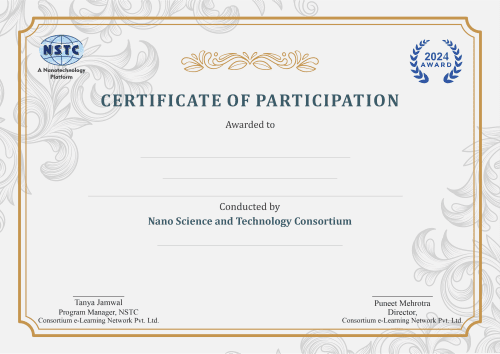
Data Analytics and Artificial Intelligence Drug Development
Revolutionize Drug Development with Data Analytics and AI
The integration of data analytics and artificial intelligence in drug development has the potential to revolutionize the pharmaceutical industry by enhancing the efficiency and accuracy of drug discovery processes. This workshop provides a comprehensive overview of the key concepts, methodologies, and tools used in data analytics and AI applications within the context of drug development. Participants will explore how these technologies can be applied to identify potential drug candidates, predict drug interactions, and optimize clinical trials.
Over the workshop of 3 days, learners will engage in theoretical and practical sessions that cover the entire drug development pipeline. They will gain hands-on experience with data analytics tools, machine learning algorithms, and AI-driven platforms tailored for pharmaceutical research. By the end of the workshop, participants will be equipped with the skills to apply data analytics and AI in real-world drug development scenarios, making them valuable assets in the pharmaceutical and biotechnology industries.
Aim: The aim of the “Data Analytics and Artificial Intelligence in Drug Development” workshop is to equip participants with the skills and knowledge necessary to leverage data analytics and AI technologies in the drug development process. This workshop focuses on the practical applications of data-driven approaches and AI techniques to accelerate and optimize drug discovery and development.
- Understand the principles of data analytics and AI in the context of drug development.
- Gain proficiency in using data analytics tools and machine learning algorithms for pharmaceutical research.
- Explore the applications of AI in various stages of the drug development pipeline.
- Develop skills to analyze and interpret complex biological data.
- Learn to apply data-driven approaches to optimize drug discovery and development processes.
What you will learn?
Module 1
- Collecting data from primary sources
- Types & Methods of Primary researches
- Legal, Ethical and Regulatory consideration while collecting information
- The role of AI, technology and innovation in pharmaceutical primary research
- Applications, Case Studies and Trends
Module 2
- Information Analysis: Art of collecting information from Secondary domain
- Importance of Clinical Trials in Information analysis
- The role of virtual clinical trials and remote monitoring in new drug development
- Drug delivery systems innovation: advances in formulation and delivery technologies
- Applications, Case Studies and Trends
Module 3
- The impact of data analytics and artificial intelligence in pharmaceutical R&D
- Connecting the dots (Insight generation from the data collected)
- Storytelling and Story building
- Case Studies and Trends
Intended For :
- Undergraduate degree in Life Sciences, Computer Science, Biotechnology, or related fields.
- Professionals in the pharmaceutical, biotechnology, or healthcare industries.
- Researchers and scientists with a keen interest in data-driven drug development and AI applications.
Career Supporting Skills


